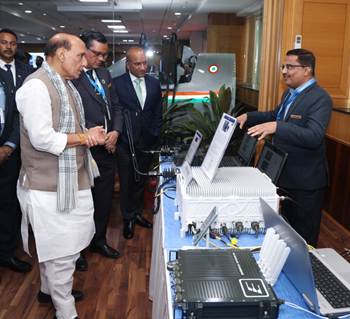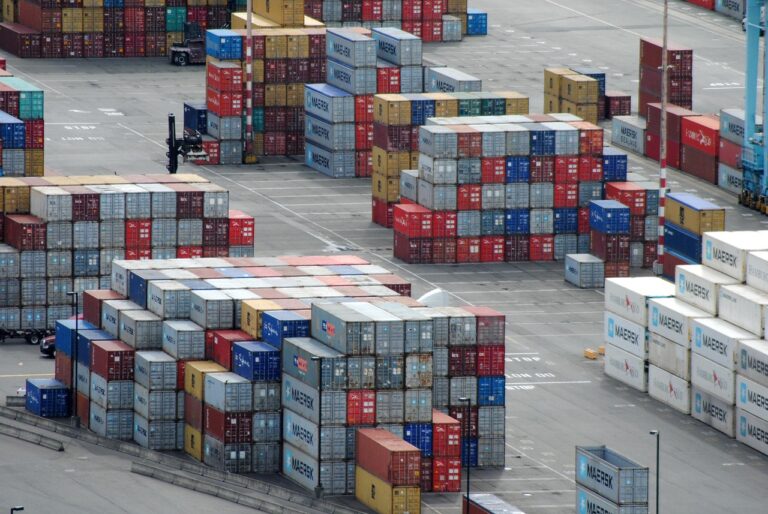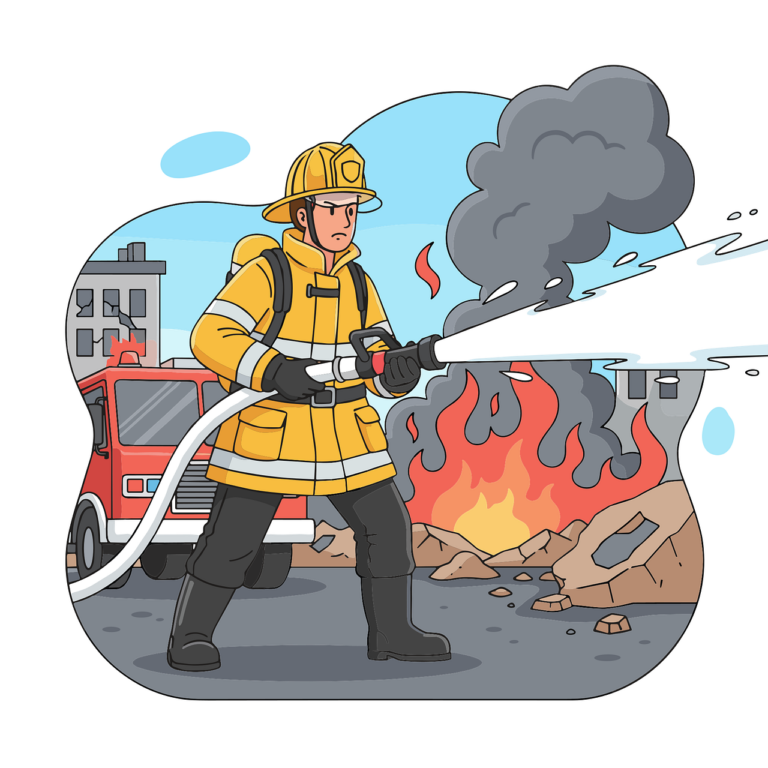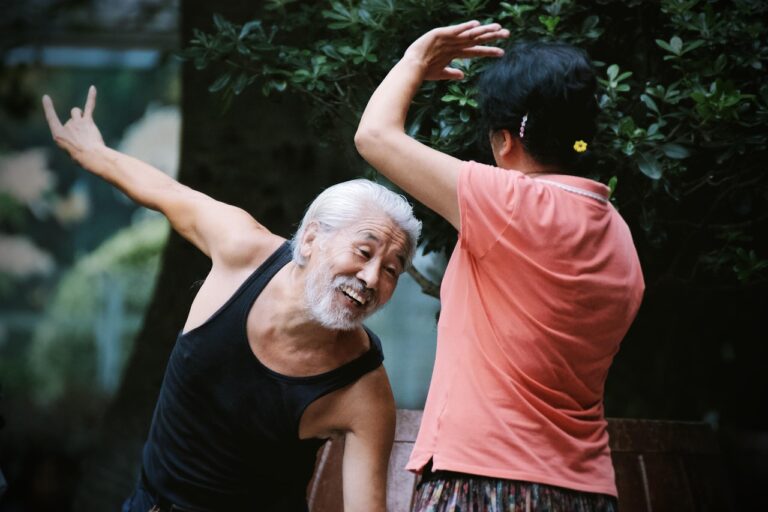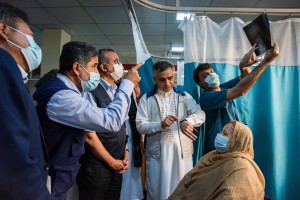
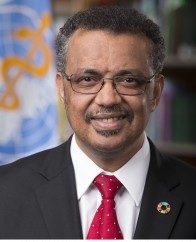 By Dr Tedros Adhanom Ghebreyesus* & Dr Ahmed Al-Mandhari**
By Dr Tedros Adhanom Ghebreyesus* & Dr Ahmed Al-Mandhari**
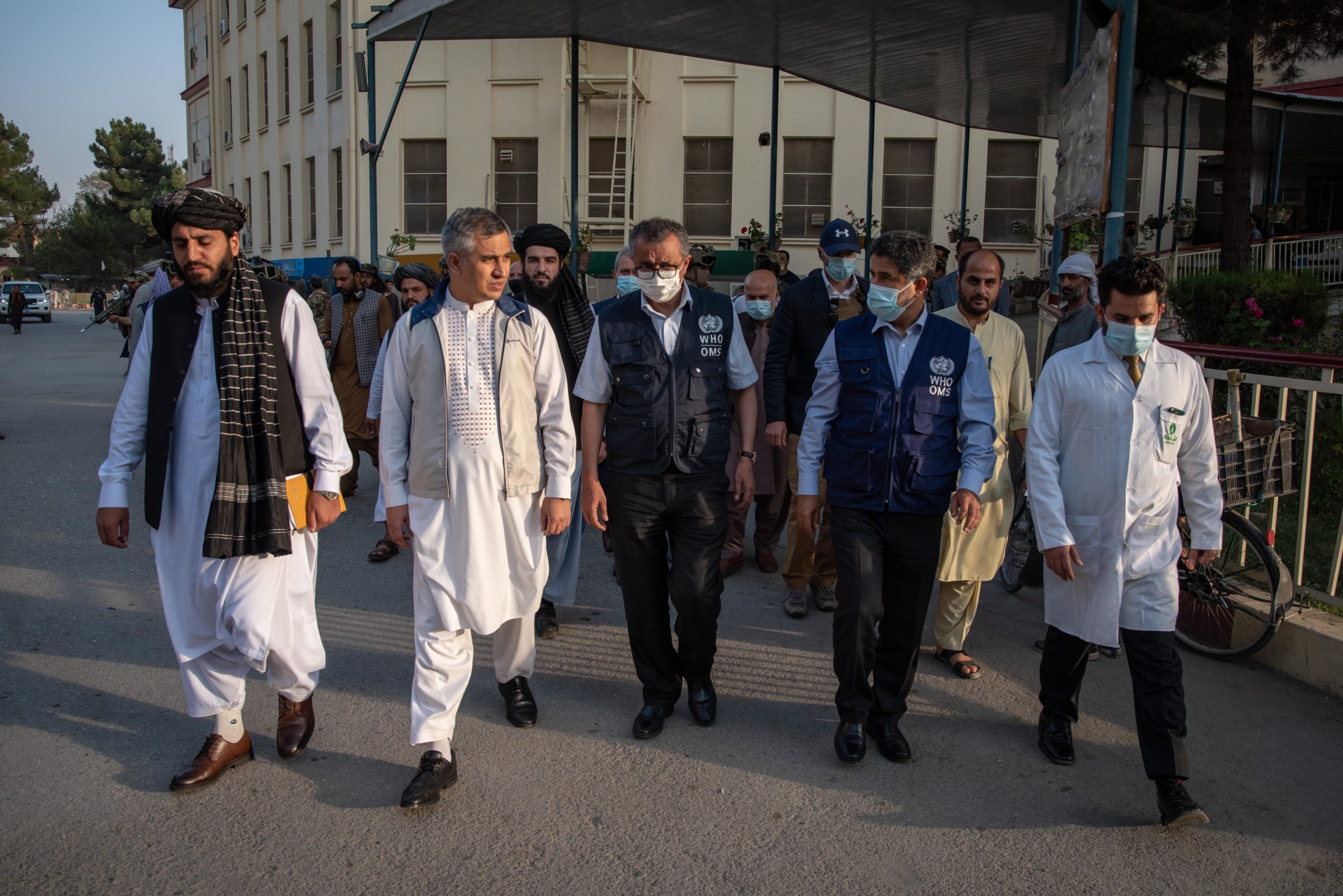
Kabul/Cairo/Geneva: We recently completed a high level mission to Kabul, Afghanistan, where we met with senior members of the Taliban leadership, UN partners, health care workers and patients, and WHO staff.
Afghanistan’s health system is on the brink of collapse. Unless urgent action is taken, the country faces an imminent humanitarian catastrophe. Our visit allowed us to witness the immediate needs of the Afghan people firsthand and meet with stakeholders to define ways to urgently scale up our health response.
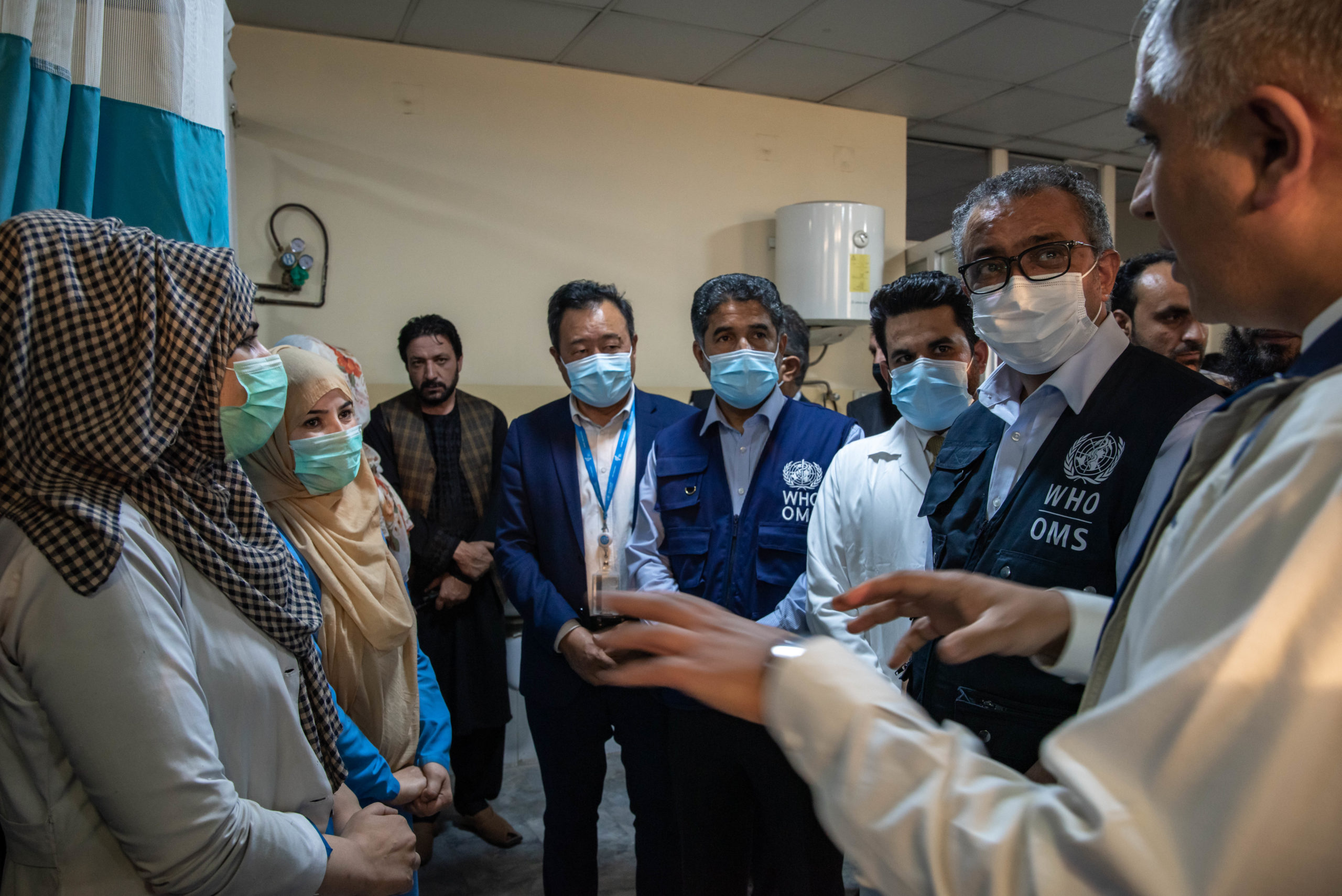
Acting on the UN principles of neutrality and independence, we engaged in constructive dialogue to address differences and find solutions that will allow us to continue our life-saving work for millions of innocent Afghans affected by decades of conflict.
Throughout our visit, we focused on a number of priority health issues that need immediate attention, as well as the need to invest in achieving longer-term development goals.
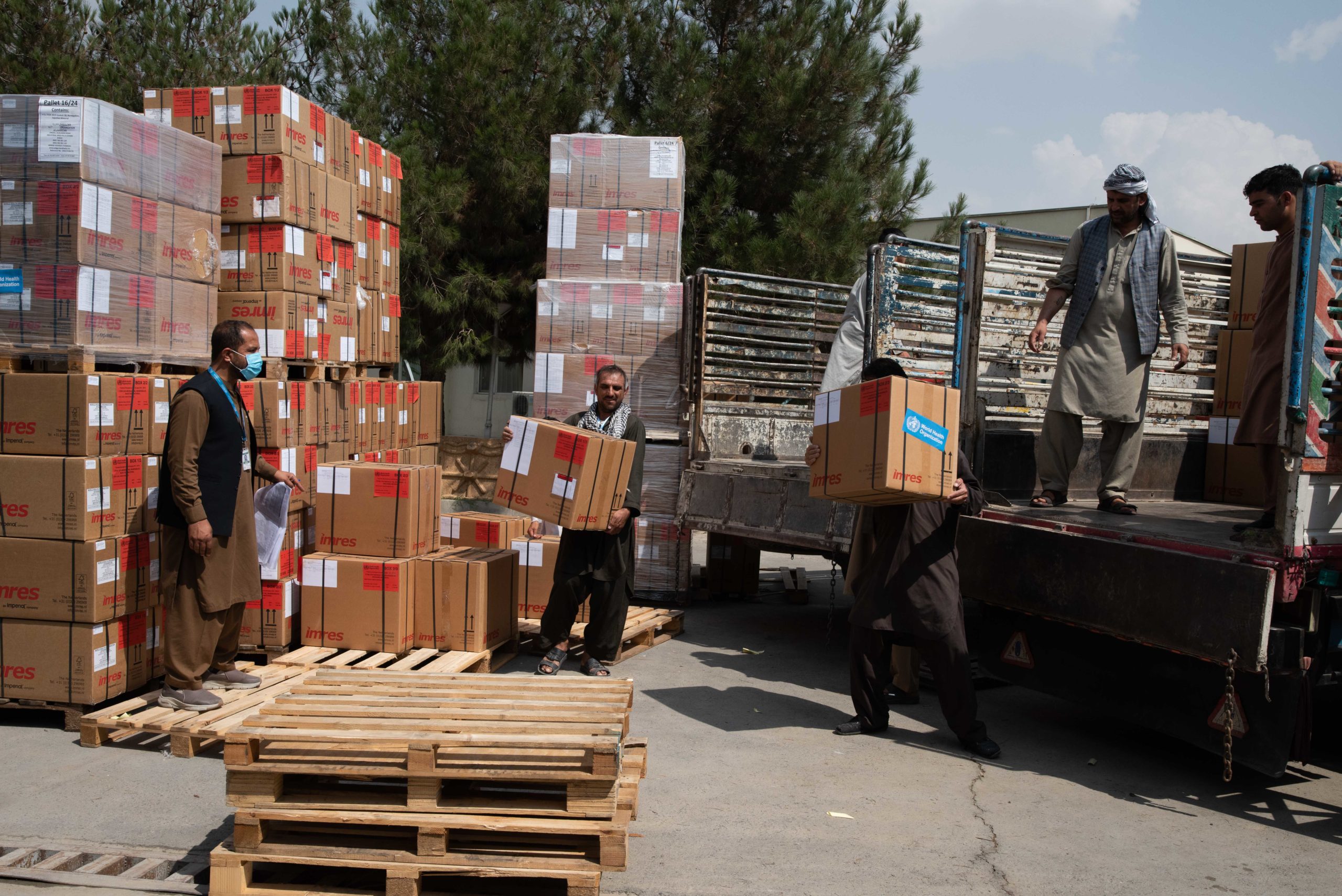
Cuts in donor support to the country’s largest health project, Sehetmandi, has left thousands of health facilities without funding for medical supplies and salaries for health staff. Many of these facilities have now reduced operations or shut down, forcing health providers to make hard decisions on who to save and who to let die.
Only 17% of all Sehatmandi health facilities are now fully functional. This breakdown in health services is having a rippling effect on the availability of basic and essential health care, as well as on emergency response, polio eradication, and COVID-19 vaccination efforts.
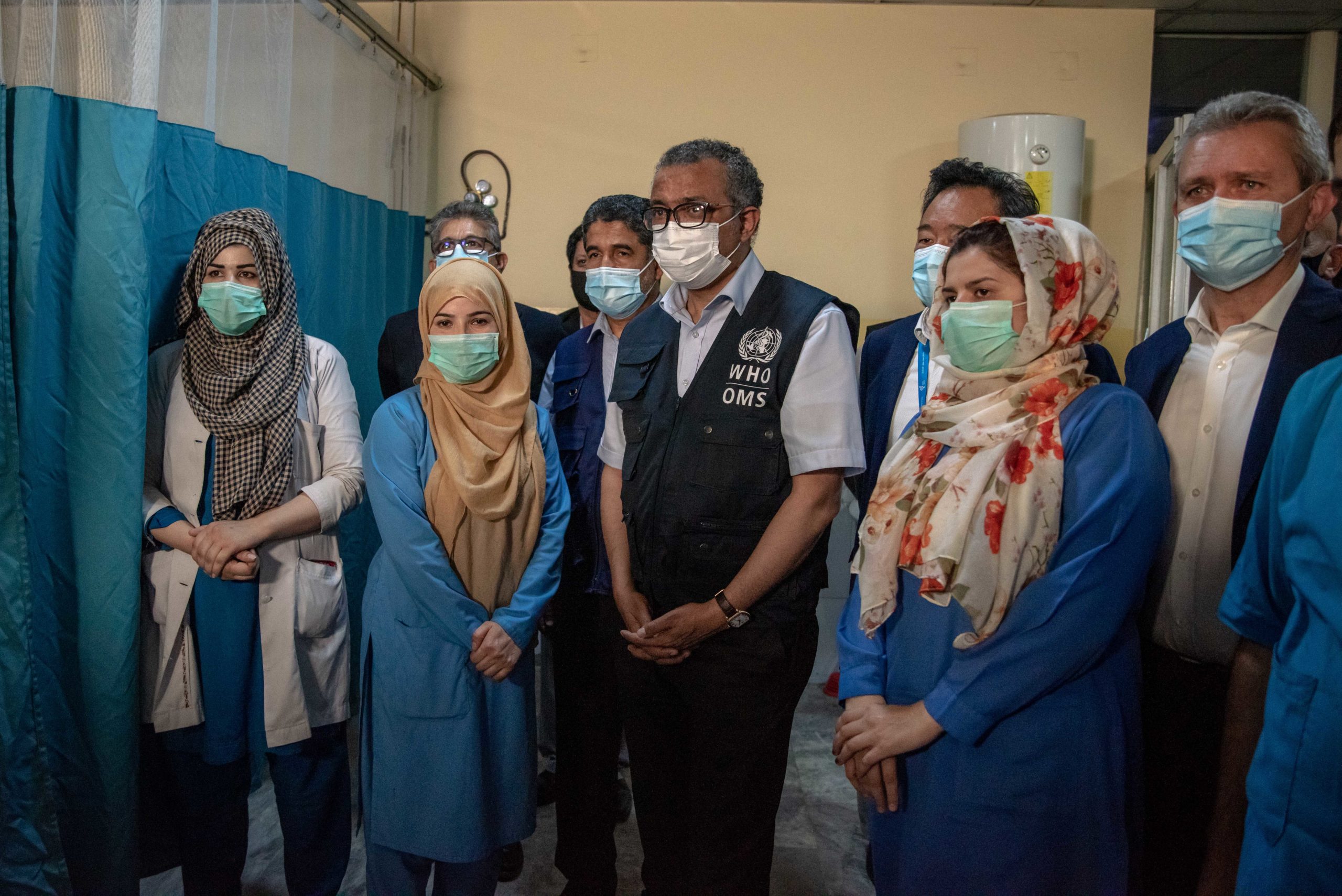
Nine of 37 COVID-19 hospitals have already closed, and all aspects of the COVID-19 response have dropped, including surveillance, testing, and vaccination. Prior to August this year, 2.2 million people had been vaccinated against COVID-19. In recent weeks, vaccination rates have decreased rapidly while 1.8 million COVID-19 vaccine doses in country remain unused. Swift action is needed to use these doses in the coming weeks and work towards reaching the goal of vaccinating at least 20% of the population by the end of the year based on national targets.
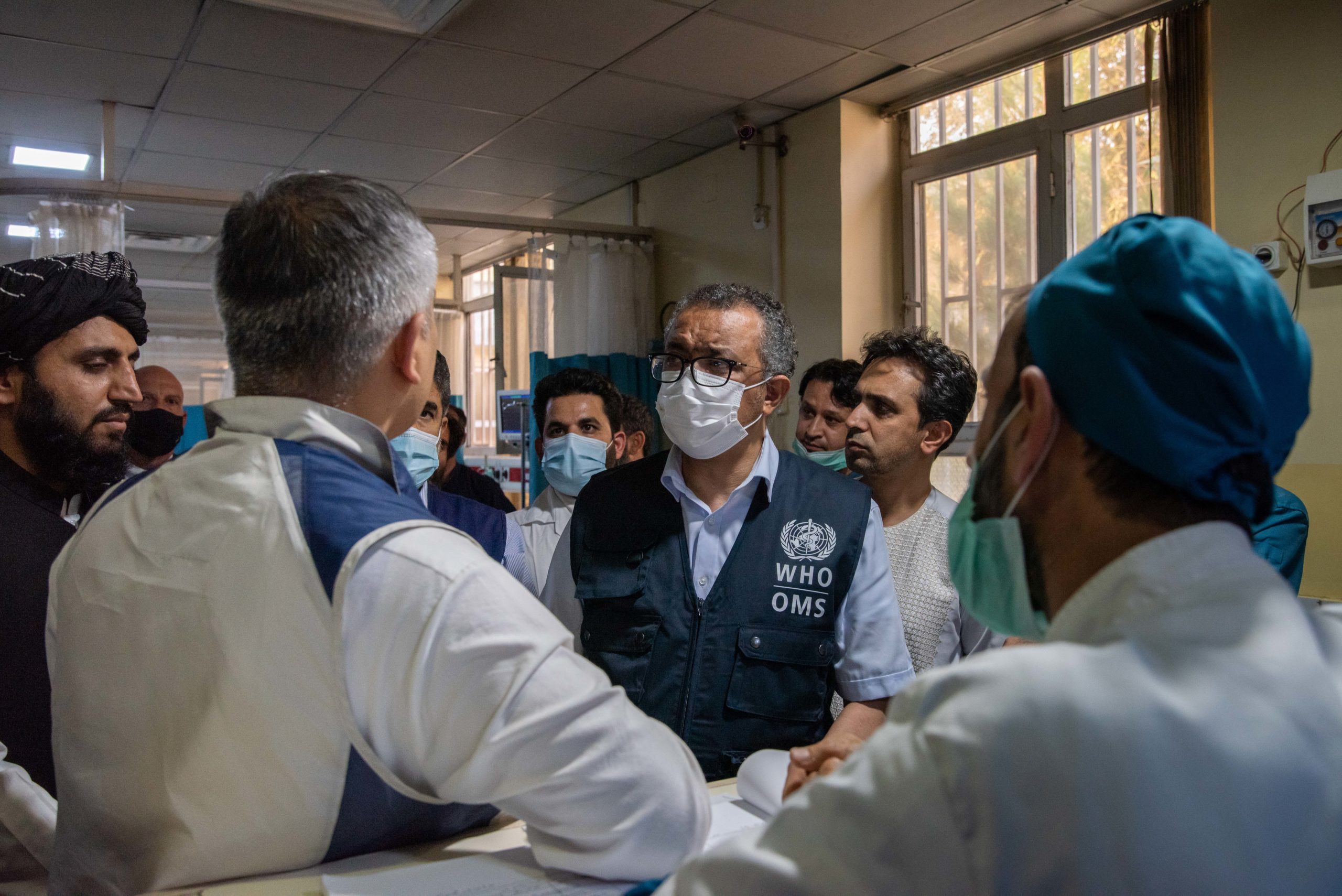
Afghanistan is one of two countries in the world where polio remains endemic. With only one case of wild poliovirus reported so far this year, compared to 56 in 2020, there has never been a better time to eradicate polio. However, the polio programme will struggle to respond if the basic immunization infrastructure begins to collapse around it. Measles outbreaks are also spreading. With access to all communities no longer impeded, WHO and partners are ready to begin a country-wide house-to-house polio vaccination campaign and include measles and COVID vaccination in an integrated campaign.
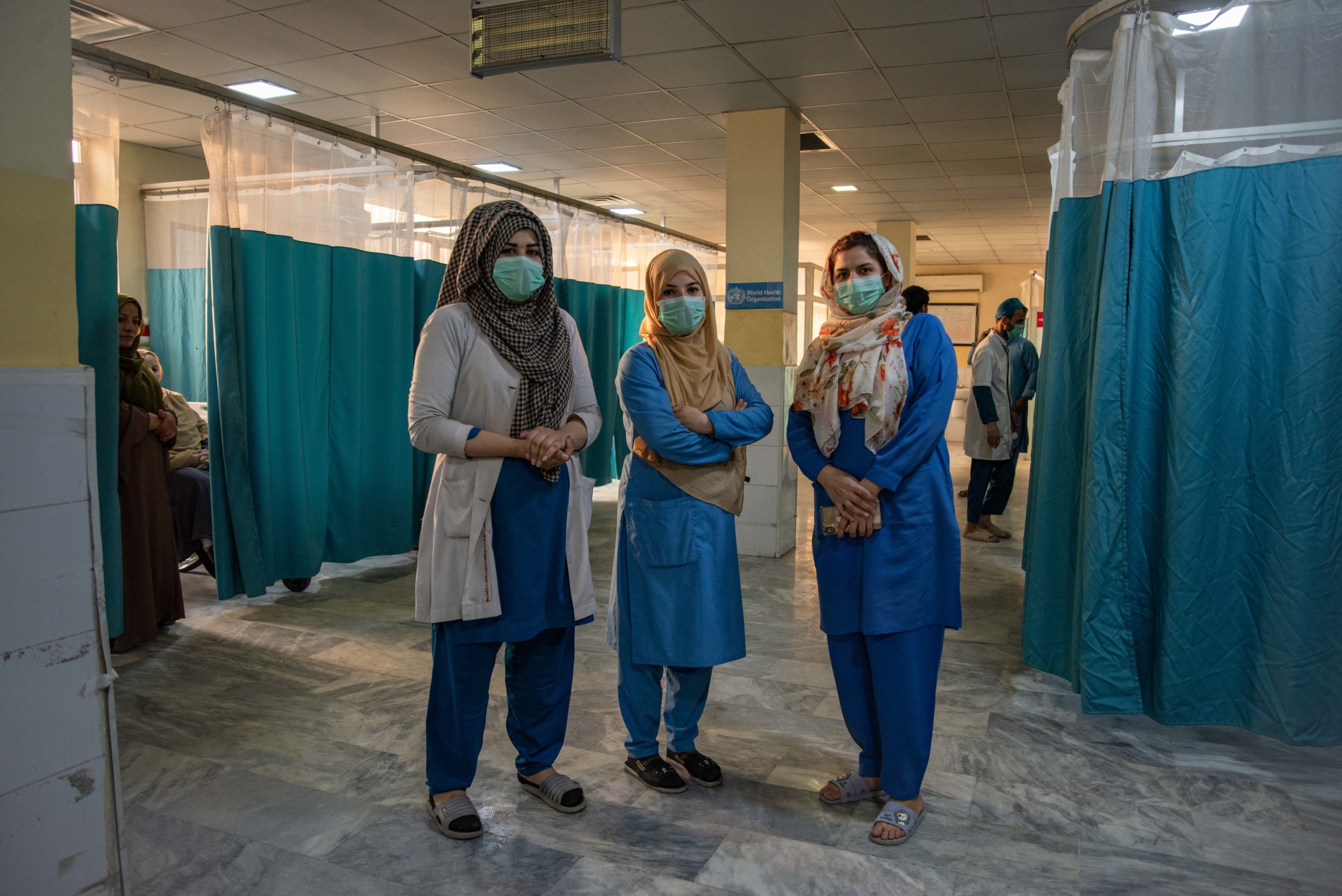
WHO particularly emphasizes the need for women to maintain access to education, health care, and to the health workforce. With fewer health facilities operational and less female health workers reporting to work, female patients are hesitant to seek care. We are committed to working with partners to invest in the health education of girls and women, as well as continue training female health workers.
WHO also continues to support an extensive trauma programme that includes training, supplies and equipment for 130 hospitals and 67 blood banks.
Also read:
- Stock of lifesaving supplies in Afghanistan won’t last even two weeks
- Enormous humanitarian needs will continue in Afghanistan
We reiterate WHO’s long-term commitment to advancing the health of all Afghans and remind all stakeholders of our collective obligations today and in the months and years ahead.
WHO is playing a leading role coordinating health actors in Afghanistan, including the Ministry of Public Health and more than 50 organizations. We were the first humanitarian agency to deliver medicines and medical supplies in August 2021. To date, eight separate shipments of almost 170 metric tonnes of life-saving medical supplies have been delivered with the support of Qatar, Pakistan, the United Arab Emirates, and the World Food Programme.
*Director-General of the World Health Organization
**WHO Regional Director for the Eastern Mediterranean


